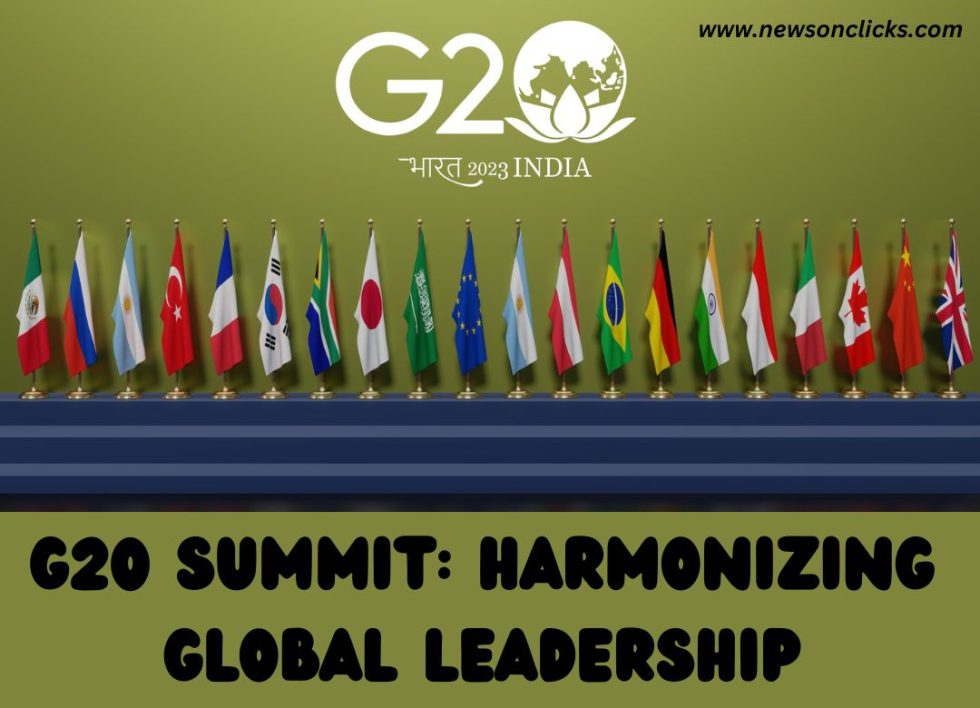
India will convene the G20 Leader’s Summit for the first time in 2023 in the nation’s capital New Delhi. During the closing ceremony of the 17th intergovernmental summit in Bali, Indonesian President Joko Widodo transferred the G20 Presidency to India.
India is holding the G20 presidency from December 1, 2022, till November 30, 2023.
The (G20) comprises 19 countries which include (Argentina, Australia, Brazil, Canada, China, France, Germany, India, Indonesia, Italy, Japan, the Republic of Korea, Mexico, Russia, Saudi Arabia, South Africa, Turkey, United Kingdom, and the United States) and the European Union.
The members represent around 85% of the global GDP, over 75% of the global trade, and about two-thirds of the world population.
The G20 stands out as a distinctive platform among intergovernmental forums due to its inclusion of both major developed and developing economies, setting it apart from others.
The only south-Asian country to be invited to this summit is Bangladesh.
Theme and Logo of the 2023 G20:
The theme of the G20 Summit is “Vasudhaiva Kutumbakam” or “One Earth, One Family, One Future.” It reflects India’s vision for a better future by mutually cooperating with different economies of the world.
The theme also highlights the significance of every form of life, including humans, animals, plants, and microorganisms, underscoring their interconnections within the Earth and beyond in the broader universe.
The G20 Logo is inspired by the dynamic hues found in India’s national flag, incorporating the vibrant shades of saffron, white, green, and blue.
The lotus, India’s national flower symbolizing growth amidst challenges, is juxtaposed with planet Earth.
Goals and Objectives of 2023 G20 Summit:
- Promoting inclusive economic growth and advancing sustainable development: India’s G20 Presidency acknowledges the significance of tackling income inequality, eradicating poverty, and promoting sustainable practices. It aims to investigate approaches and measures that foster economic growth while simultaneously emphasizing social inclusivity and environmental sustainability.
- Embracing the digital revolution and driving innovation through technology transformation: focusing on digital transformation
and technological innovation implies recognizing the potential of digital technologies and innovative approaches to stimulate economic development, promote sustainable development, and address global challenges.
- Addressing the challenges of climate change and promoting the widespread adoption of renewable energy sources: With the pressing urgency to combat climate change and shift towards renewable energy sources, India’s G20 Presidency highlights the significance of international collaboration in this domain. The theme underscores India’s dedication to advancing the objectives of the Paris Agreement, advocating for sustainable energy approaches, and addressing climate resilience.
Why G20 is crucial for India?
India has invited nine guest countries this year, namely Bangladesh, Egypt, Mauritius, Netherlands, Nigeria, Oman, Singapore, Spain, and the United Arab Emirates. These invitations aim to enhance India’s bilateral relationships with these nations and foster closer ties.
The G20 Presidency under India’s leadership will prioritize accelerated, inclusive, and resilient growth. This entails focusing on key areas with the potential to drive structural transformation. These areas include providing support to small and medium-sized enterprises in international trade, advocating for labor rights and welfare, addressing the global skills gap, and fostering the development of inclusive agricultural value chains and food systems.
In these times of contemporary global challenges, the Presidency gives India a unique opportunity to strengthen its role in the world economic order.
Given its status as the world’s largest democracy and the fastest-growing economy, India’s G20 presidency assumes a pivotal role in advancing the substantial accomplishments made by the previous 17 presidencies.









